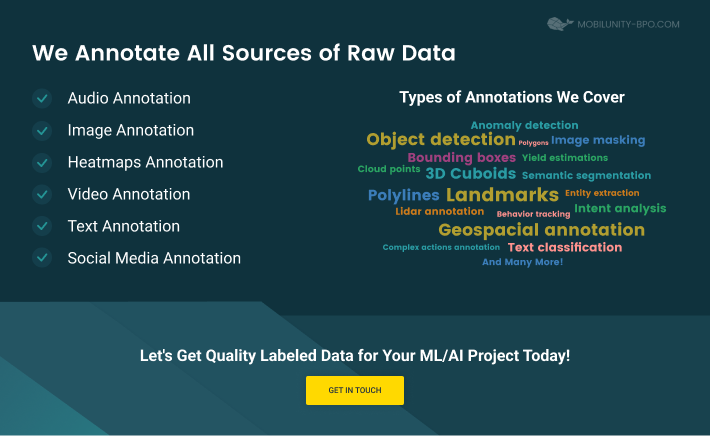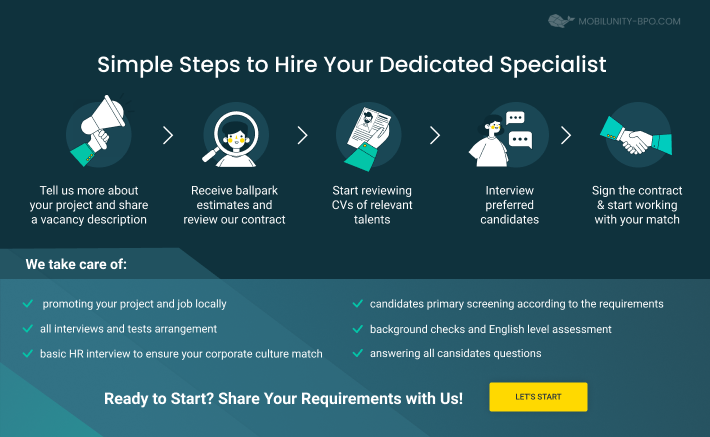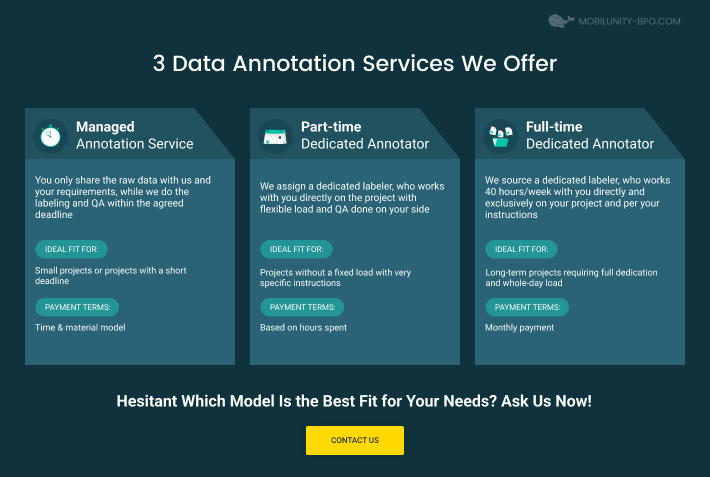Helpful Tips on Chatbot Training: How to Train an AI?
Businesses seeking to increase sales or service productivity for time savings and efficiency can greatly benefit from investing in chatbots because they can converse with users and automate certain tasks. A chatbot is, at its most fundamental level, a computer program that mimics and processes written or verbal human conversation. This allows people to interact with digital devices like they were talking to a real person.
Chatbots can be as simple as programs that respond to a single line of text to a simple question, or as intricate as digital assistants that learn and grow to provide more and more individualized services as they process and collect data. Today, around 23% of customer service companies use AI chatbots.

AI Chatbot Training and Its Benefits
Chatbots are AI-based virtual assistant applications made to answer customers’ questions about a particular subject or industry. Today, 80% of people have interacted with some type of chatbot at some point. Companies use these applications to provide instantaneous assistance to a large number of customers.
To train chatbots, large quantities of training datasets are needed for the machine learning algorithms, so that models can essentially learn from the data sets and answer all questions when used in real-life.
Let’s look at some of the benefits of training your chatbots with an AI training data set:
- Streamlined operation
To ensure that the AI model of your chatbot runs smoothly, it requires a streamlined data annotation pipeline. In order to solve a problem, it should be able to accurately evaluate the user’s input, identify the appropriate intent and context, and take into account human feelings.
- An increase in knowledge base
It is important to understand the actual requirements of the customer and what they are referring to. As a result, it’s critical to build content and expand your chatbot’s knowledge base so that he can effectively respond to questions and requests with no miscommunications.
- A more humanized service
Through algorithms, data labeling and thermal image object detection connected to your chatbot, it will make calculations every time it gets a new request to see if there is a connection between the data it has captured and the information it already has. This will ensure that the best response is given to the customer and that the service is more humanized as well.

Use Cases of Chatbots When Training Data for Chatbots Manually
Chatbots can automate repetitive and time-sensitive tasks. In order to facilitate the machine learning process, it’s critical to invest time and resources into detailed dataset annotation, which can significantly enhance a chatbot’s ability to understand and respond to complex user interactions.
When chatbots are manually trained with a chatbot training dataset, the use cases for them increase because the way they are programmed can be customized. Let’s look at a few of these cases:
- Improving customer service
By responding to frequently asked questions and providing context to conversations, chatbots for customer service can help businesses engage customers. By speeding up response times and increasing first response times, businesses can improve user experience and reduce customer support costs.
- Assisting helpdesk support
AI chatbots aid in accelerating internal workforce productivity by handling helpdesk support. Bots are software systems that learn on their own and study human language. They can assist help desks in increasing team efficiency and productivity.
- Collecting customer feedback
Getting feedback from customers is a great way to find out what they want and make sure your products and services meet their expectations. It also provides data you can give your outsourced marketing partners, who perform marketing outsourcing services, for a more target audience-focused marketing strategy. Overall, it boosts your company’s overall expansion. Chatbots are a great way to get feedback from customers. You can generate a high level of engagement that encourages customers to complete surveys by following the best chatbot practices.
- Assisting with orders
Utilizing a chatbot for confirming orders and tracking shipping is the most effective strategy for overcoming the conventional procedure and delivering an excellent brand experience. By entering the shipping id, customers can easily keep up with the latest news.

Tips and Special Skills Needed for Training a Chatbot
Training a chatbot can be completed by different professionals, including data labeling experts with knowledge about a training data set. However, it’s important to have certain skills to complete training successfully. Here are a few of the special skills required for chatbot training:
- Analytical mindset
Chatbot analytics is the data generated by chatbots’ different interactions. Training chatbot models involves understanding machine-learning analytics and how they work to produce conversational interactions that make sense.
- Knowledge of chatbot frameworks
All chatbots are built on frameworks. As a result, it’s important to know chatbot frameworks such as APi.ai, Microsoft Azure Bot Service, IBM Watson, and more.
- Ability to work with data
To train a chatbot effectively, it’s important to know how chatbots can solve specific problems using training data sets. Experts should know how to collect, manage and use large sets of training datasets. It’s also essential to have the right skills to work with data annotation and the knowledge of how to annotate documents.
- Communication skills
Data labeling experts should have great written and verbal communication skills. They should be able to communicate well with team members and label data fast and effectively without errors.
Mobilunity-BPO.com: A Leading Choice for Chatbot Training
Mobilunity-BPO is a leading outsourcing company with over 10 years of experience. Through the years, we have worked with many different companies, both big and small, to help them find the best candidates to complete key tasks and projects. We have access to a large pool of talent, including chatbot training experts and data annotation specialists that can work with chatbot training data.
Because of the many benefits of working with us, we have partnered with businesses around the world in many different industries, including data management, communications, hospitality and more.
Our Annotation Services

- Managed Annotation Services
With this service, you provide us with your requirements and data, and we carry out your annotation tasks within the allotted time frame.
- Part-Time Dedicated Annotator
You have access to a dedicated annotator who only works on your project until all tasks are completed.
- Full-Time Dedicated Annotation Specialist
You have access to a dedicated annotation specialist who can collaborate with you for up to 40 hours per week. They only work on your project and according to your instructions.